Playing as Zelda in one of Nintendo’s final Switch release wasn’t on my 2024 bingo card, but here we are. The Legend of Zelda: Echoes of Wisdom takes inspiration from the series’ most recent entries, with relaxed mechanical boundaries and clockwork physics interactions that turns players into game designers. But as with any adventure, there are peaks and valleys on the road.
Echoes of Wisdom finally puts Zelda front-and-centre as the main character. Rifts have opened up all over Hyrule and are swallowing up entire towns and trapping people inside, replacing them with shadowy doppelgangers. Naturally, it’s up to the Princess to close these rifts, send the impostors packing, and bring peace back to the kingdom. While the gameplay systems you deploy to go about this make the game feel limitless in scope and possibility, eventually that self-same freedom starts to tighten like a trapper’s noose.
As you journey across Hyrule’s many deserts, swamps, and snowy mountains, you’ll encounter enemies and objects that you can add to your repertoire of Echoes. You can summon these Echoes at any time and use them to create rickety, bespoke platforms, or monster squads to fight off your foes. At the start of the game you’ll have simple items like beds, crates, and pots, but by the end you’ll graduate to cubes of water, air cannons, and moving platforms. The same goes for enemies, progressing from simple snakes to armour-clad killing machines.
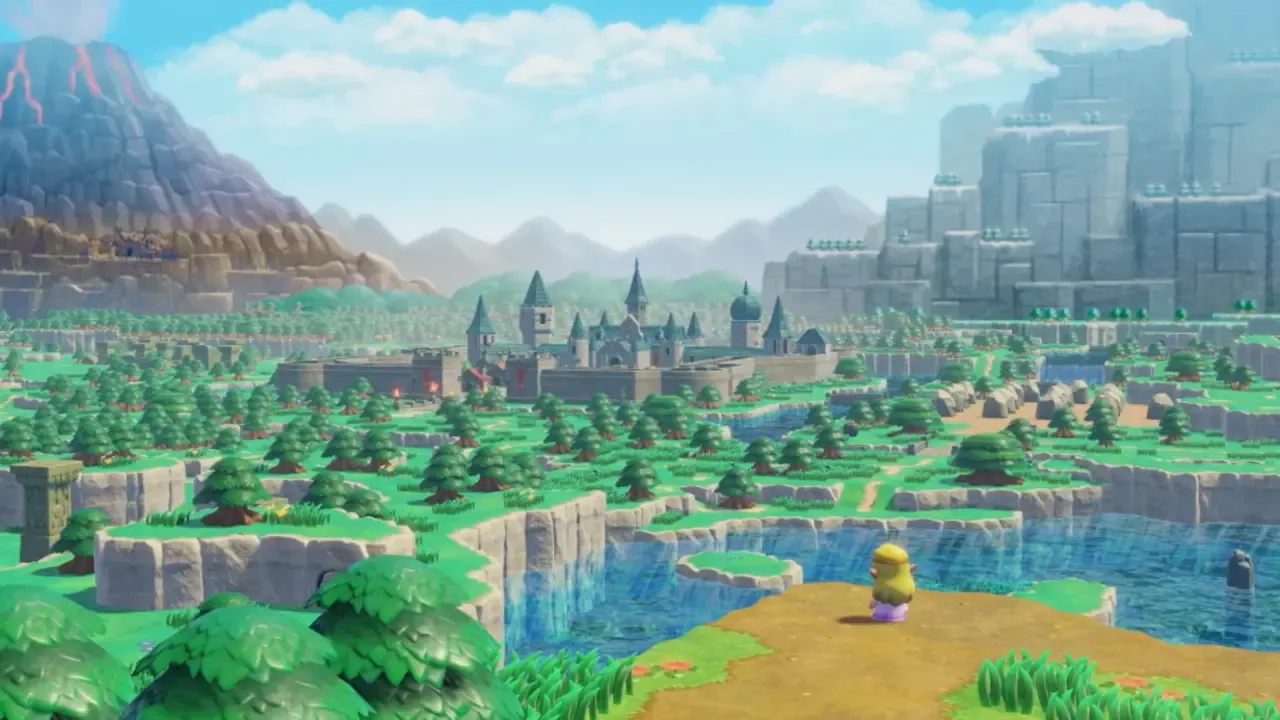
Echoes of Wisdom is at its best in its opening hours, when the repertoire of Echoes at your disposal is manageable, and every puzzle is an opportunity to slap together a dizzying Jenga pile of disparate objects. It almost starts to feel like you’re modding the game: getting access to tools that you somehow enabled through some backdoor developer debug command (appropriate too, if the news that it started as a Zelda Maker is to be believed). It’s freeing and refreshing, and a real distillation of the modern design ethos that has underpinned the franchise since its reinvention in 2017’s Breath of the Wild.
But as you progress, the number of Echoes you have access to starts to balloon, and navigating to the ones you want feels unwieldy, with over 100 items displayed in a single, sprawling list. The game features some sorting options (like last used or learned), but there’s no way to tag your favourites. Eventually, that friction leads you to fall back on some bad habits. In the last half of the game, I was solving every puzzle with just under four or five different Echoes. It’s a shame that UI design has such a material impact on the jazz-like nature of the gameplay, because Echoes of Wisdom is at its best when you’re outsmarting conventional puzzle design.
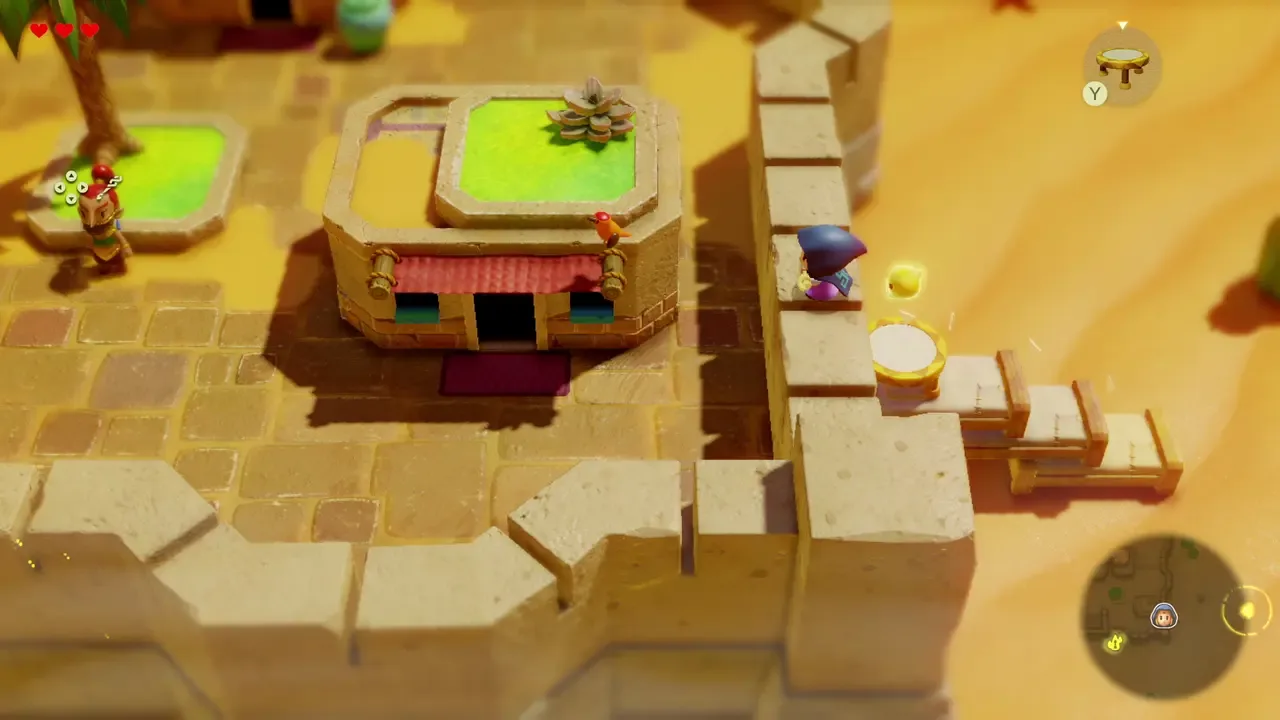
More than that though, the game’s structure starts to wear on your creativity too. Your main quest has you going to every major village and closing their rifts, and the order of operations to do so becomes painfully rote. You start by clearing a mini-dungeon, then on to a bigger one, and then top it all off with a boss fight. You repeat this process right up until the end credits, and it’s bizarre to see such rigid progression amidst a game about degrees of freedom.
Each frame is a pleasure to look at though, with tilt-shifted visuals and shiny specular reflections that really sell the skeuomorphic, diorama look. It’s cutesy and colourful. But a lot of that is undercut by performance issues, which crop up in both handheld and docked mode. The game aims for 60 frames-per-second, but struggles to hit it consistently, meaning it often lurches back-and-forth between running smoothly and slowing down to a stutter. I would have preferred if it remained locked at 30 frames, if only to cut back on the constant hiccuping that really punctuates the whole experience.
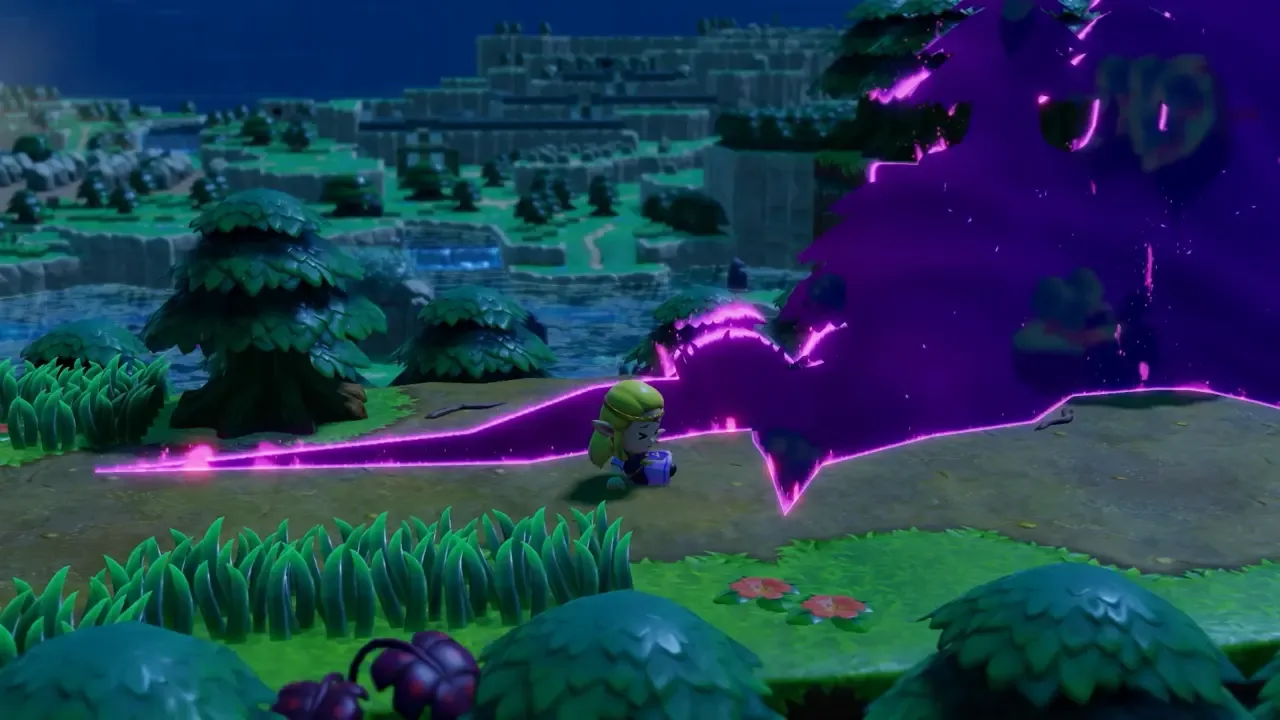
The game is also fairly buggy. Over the course of my 25 hours with it, I fell through the world, I clipped and got stuck in geometry, and I stumbled into easily reproducible soft-locks—the most egregious of which was on the final boss. I managed to lock-on to a hidden weak point and initiate a section of the fight that hadn’t triggered yet, effectively sequence-breaking the entire thing. Of the two times that I unintentionally did this, I had to reload and plough through the final dungeon in its entirety just to get back up to the boss again.
The Legend of Zelda: Echoes of Wisdom feels like a bookend for the Switch: the natural culmination of the series’ new direction on the platform, and proof-positive that maybe the system’s creaky, ageing hardware is due for a refresh. There’s enjoyment to be had in the game’s freestyle approach to puzzle and encounter design, but unnecessary friction in the interface and technical woes just drag the whole thing down.
Freestyle fun, but friction in the design and performance hinders Zelda’s first outing.
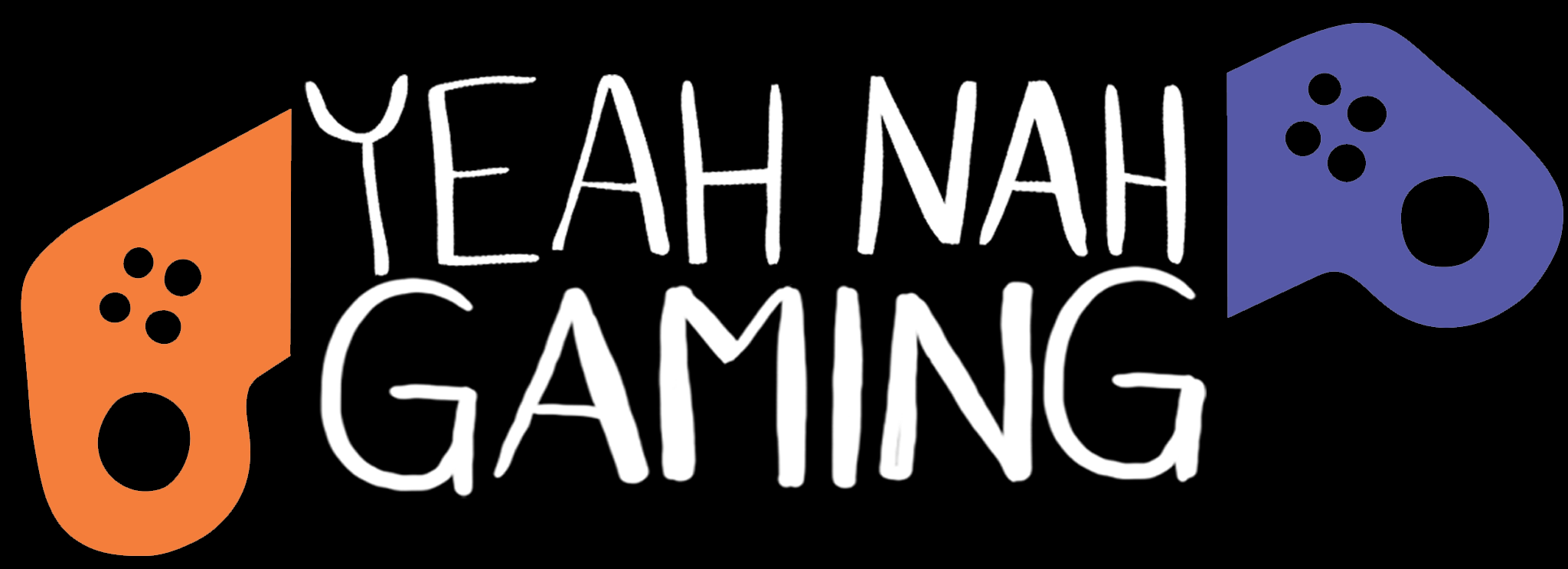
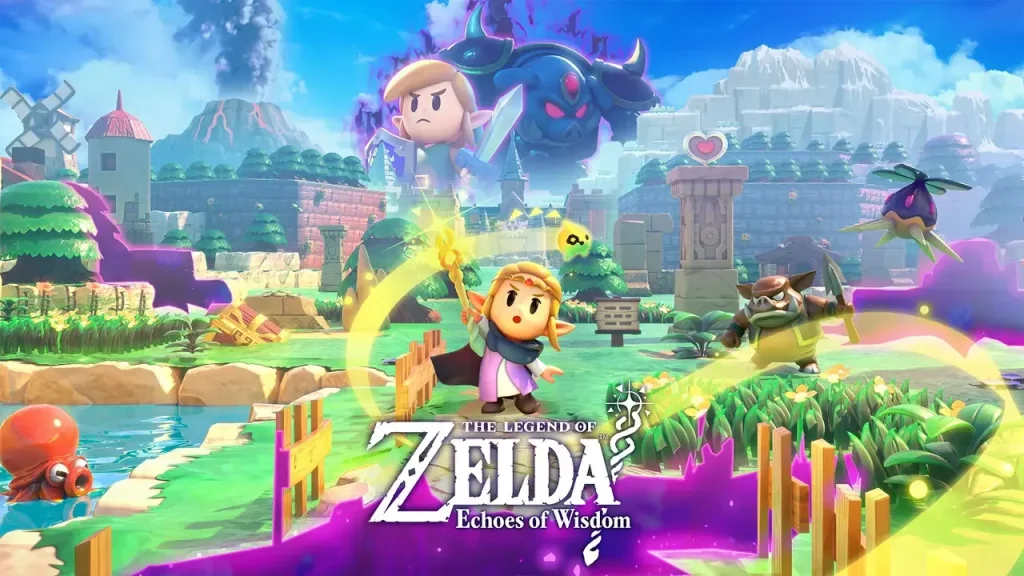
1 Comment
Pingback: Yeah Nah Gaming – 2024 Christmas Gift Guide - Yeah Nah Gaming